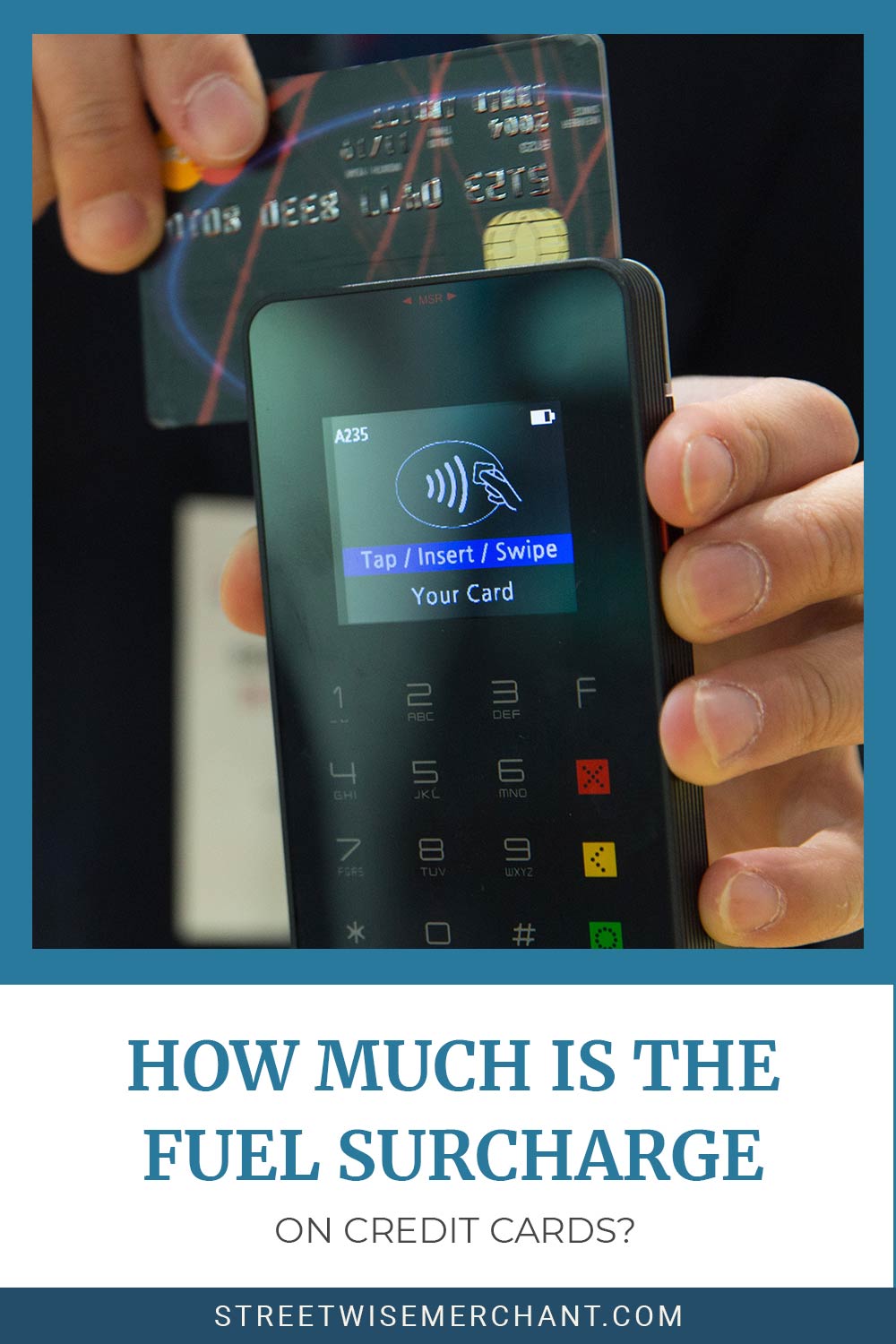If you’ve ever filled up your car’s gas tank using your credit card, you may have noticed an added fee to your statement, a fuel surcharge. This additional fee can vary depending on several factors, such as your card type and the gas station you visited.
But just how much is this fee, and is it worth using a credit card to purchase that gas?
We’re going to explore this and everything else you know about fuel surcharges on credit cards so that you have a better understanding of the fuel surcharge and how it can impact your finances.
What is a Fuel Surcharge, and Why Do Credit Card Companies Charge It?
So let’s start with the basics about what exactly is a fuel surcharge. A fuel surcharge is an additional fee that credit card companies add to your bill when you use your card to purchase gas.
This fee can range from a few cents to a few dollars, depending on many factors. This includes the type of credit card and the gas station it’s used.
Now you might be wondering why credit card companies charge this fee in the first place. There are a few reasons.
First, credit card companies often have to pay fees to gas stations for processing your transaction. These fees can add up over time, and a fuel surcharge helps to offset those costs.
It could be a way to generate extra revenue. Let’s face it, credit card companies are businesses that need to make money somehow. So by adding a small fee for gas purchases, they can bring in a little extra cash.
How Much is the Typical Fuel Surcharge On Credit Cards, and Does It Vary By Card Issuer?
So now we understand a little about what the surcharge is and why it’s even charged, so let’s get down to the nitty-gritty of everything and talk about how much the typical fuel surcharge is on credit cards and if it varies per the card user.
First, the fuel charge amount can vary depending on the card issuer and the gas station you use it at. However, in general, the typical rules aren’t arranged from around 1% to 3% of the total purchase amount.
Are There Any Credit Cards That Don’t Charge a Fuel Surcharge?
If you’re tired of paying extra for gas purchases due to fuel surcharges, you’ll be happy to know that a couple of credit cards out there don’t charge this pesky fee. Discover is one of the most popular credit pictures that doesn’t charge a fuel surcharge.
That’s right, and you can fill up your tank without having to worry about any extra fees in your bill. Plus, Discover offers you cash-back rewards for gas purchases to earn money back on fuel expenses.
Another credit card issuer that doesn’t charge fuel surcharges is Capital One. Like Discover, Capital One offers cash back for gas purchases, so you can earn money back on fuel purchases and avoid those extra fees.
Can You Avoid Paying a Fuel Surcharge Using a Debit Card Instead of a Credit Card?
Is there a way other than finding a credit card that doesn’t charge the fuel surcharge to avoid paying it? Maybe using a debit card instead? The short answer is that it depends on the gas station and its policies.
Some gas stations may not charge a fuel surcharge for a debit card transaction, while others may charge the same fee regardless of whether you use a credit or debit card.
In some cases, gas stations might even offer a cash discount for fuel purchases, which can be a great way to save money on your gas expenses.
Are There Any Other Fees Associated With Using a Credit Card to Purchase Fuel Besides the Fuel Surcharge?
We know we’ve been talking about fuel surcharges on your credit cards, but there are other fees and rules you need to be aware of when using your credit cards.
They will affect even when you are filling up your tank and will be added on top of that fuel surcharge potentially, so here are some of those fees:
- Foreign transaction fee
- Cash advance fee
- A minimum purchase requirement
Final Thoughts on How Much is the Fuel Surcharge On Credit Cards
Alright, so we’ve covered a lot of ground when it comes to fuel surcharges on credit and debit cards. From how much the typical surge is to which card issuers don’t charge the fee, there’s a lot to consider when it comes to filling up your tank.
At the end of the day, the payment method you choose ultimately depends on your personal preferences and priorities.
Whether you’re looking to save money on gas expenses or earn more for your purchase, a credit or debit card can work for you. So take the time to research your options and find the car that’s right for your needs.
